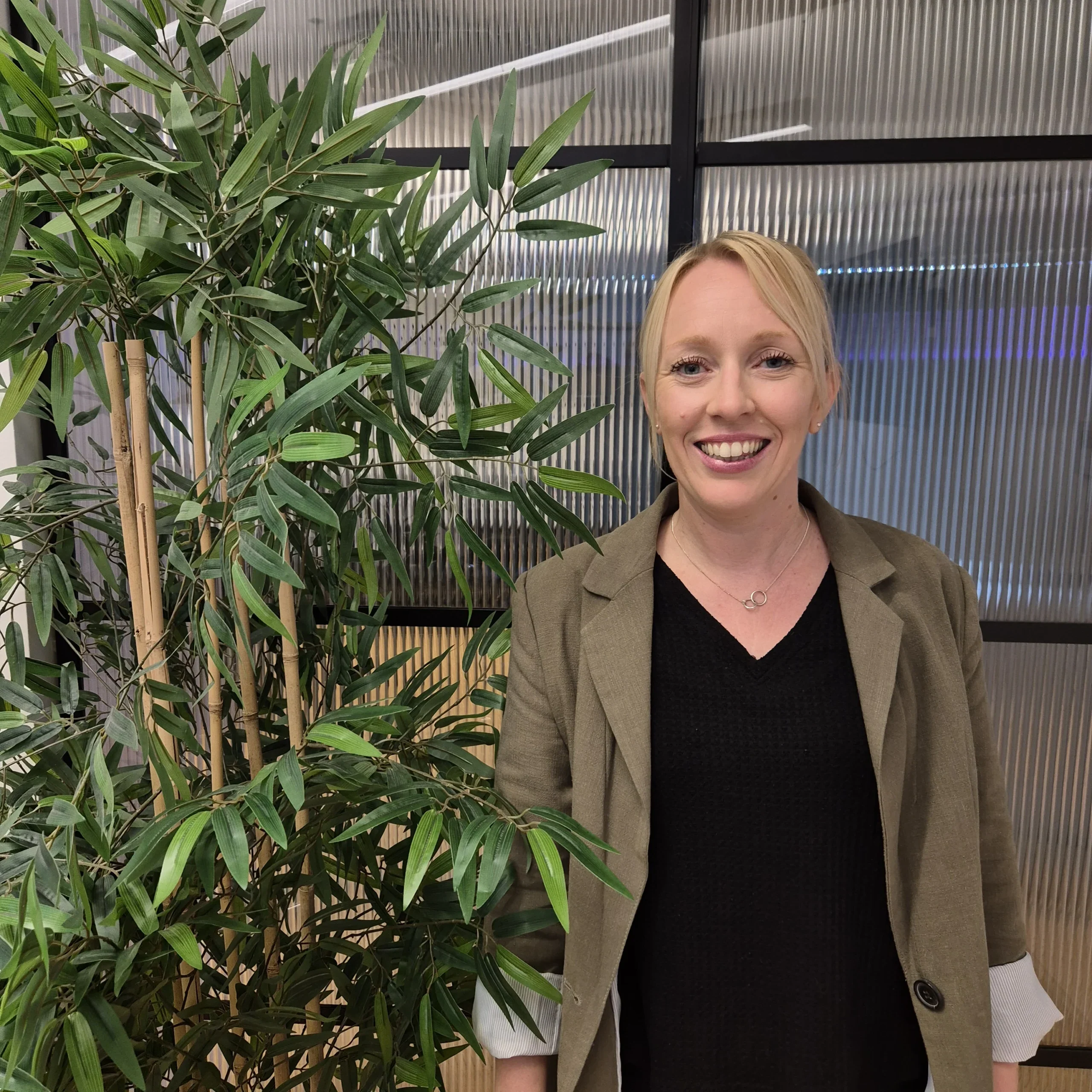Subscribe to job alerts
Sign up to receive our latest roles directly to your inbox every month
The NHS App is a mobile and web-based platform that allows patients in the UK to access a range of healthcare services. At present, users can book appointments, view test results, and manage certain aspects of their care. But change is on the horizon.
As part of the UK Government’s 10-year plan for the NHS, the app is undergoing a major transformation. By 2028, it’s expected to become a fully integrated digital health tool described as becoming like a “doctor in your pocket.”
The enhanced app will allow patients to:
This overhaul aims to modernise the patient experience while reducing administrative pressure on frontline staff.

According to Health Secretary Wes Streeting, the updated app is a central piece of the NHS’s digital strategy, designed to “democratise healthcare” by offering the same level of convenience found in the private sector. The goal is to streamline services, reduce reliance on stretched NHS staff, and enable quicker access to care through digital means. (The Guardian)
By automating routine tasks like triage, scheduling, and records management, the NHS hopes to redirect clinician time to more critical patient-facing needs – ideally improving care outcomes and efficiency by 2035.
While the digital transformation holds promise, experts warn that it may unintentionally widen health disparities.
Many older adults or those with disabilities may struggle to navigate digital platforms, and Ofcom estimates show that 6% of UK households still lack internet access. There’s a real risk that if NHS services become digital-by-default (or worse, digital-only) some people may be left behind entirely.
For example:
Professor Catia Nicodemo is a central component of the UK’s healthcare plans, offering a digital gateway to various NHS services. She believes that inclusive design and ongoing support will be crucial to ensure the NHS App benefits all users – not just those who are tech-savvy. Here are key strategies NHS policymakers can adopt to mitigate the risks according to Professor Catia Nicodemo:
The NHS App’s planned transformation into a comprehensive health management tool is a bold step toward modernising care. But for it to succeed, it must be inclusive by design. Policymakers must ensure that innovation doesn’t come at the cost of accessibility.
In building the future of digital health, the NHS must carry everyone forward and not just those who are already online.
Established in 2006 by ex-industry professionals, Carrot has become one of the most highly regarded and trusted recruitment partners within the Pharma, Biotech, and Med-Tech sectors, spanning North America and Europe. Our business is structured to support clients across the full product lifecycle, from development to commercialisation and everything in between, with dedicated recruitment teams working exclusively across 14 separate functional areas.

Sign up to receive our latest roles directly to your inbox every month